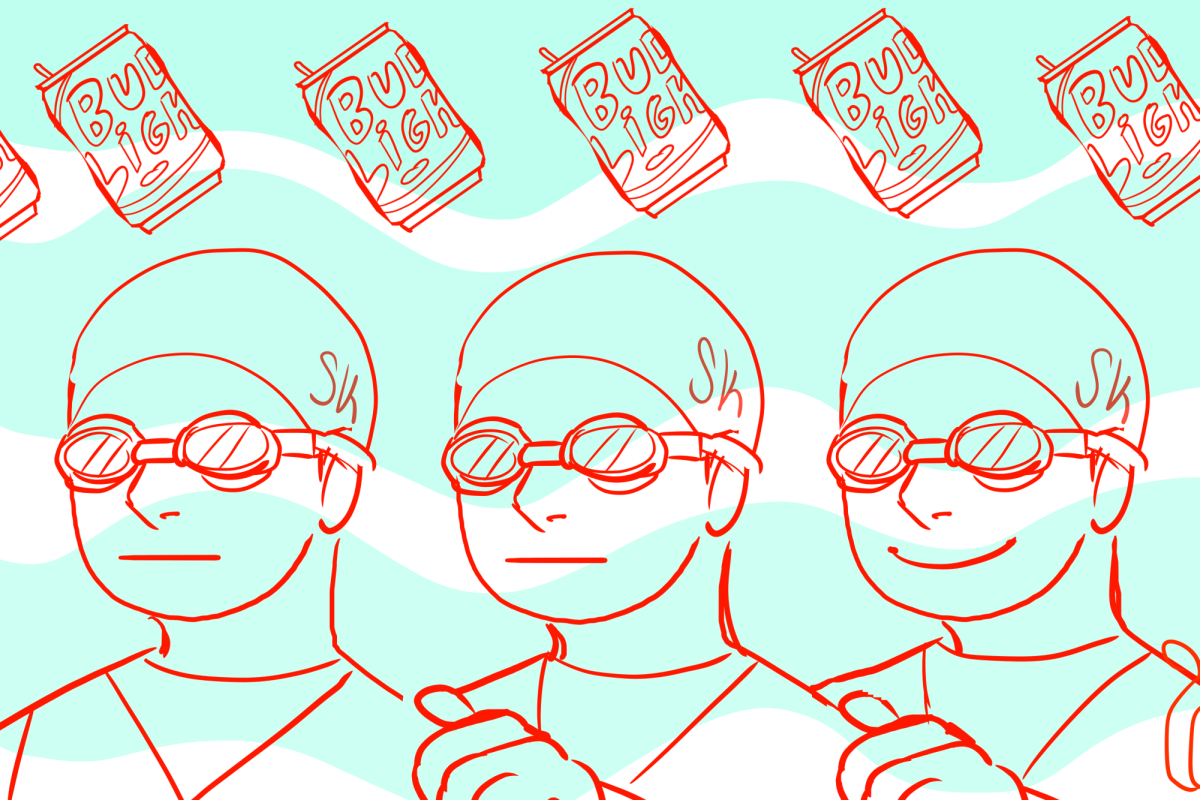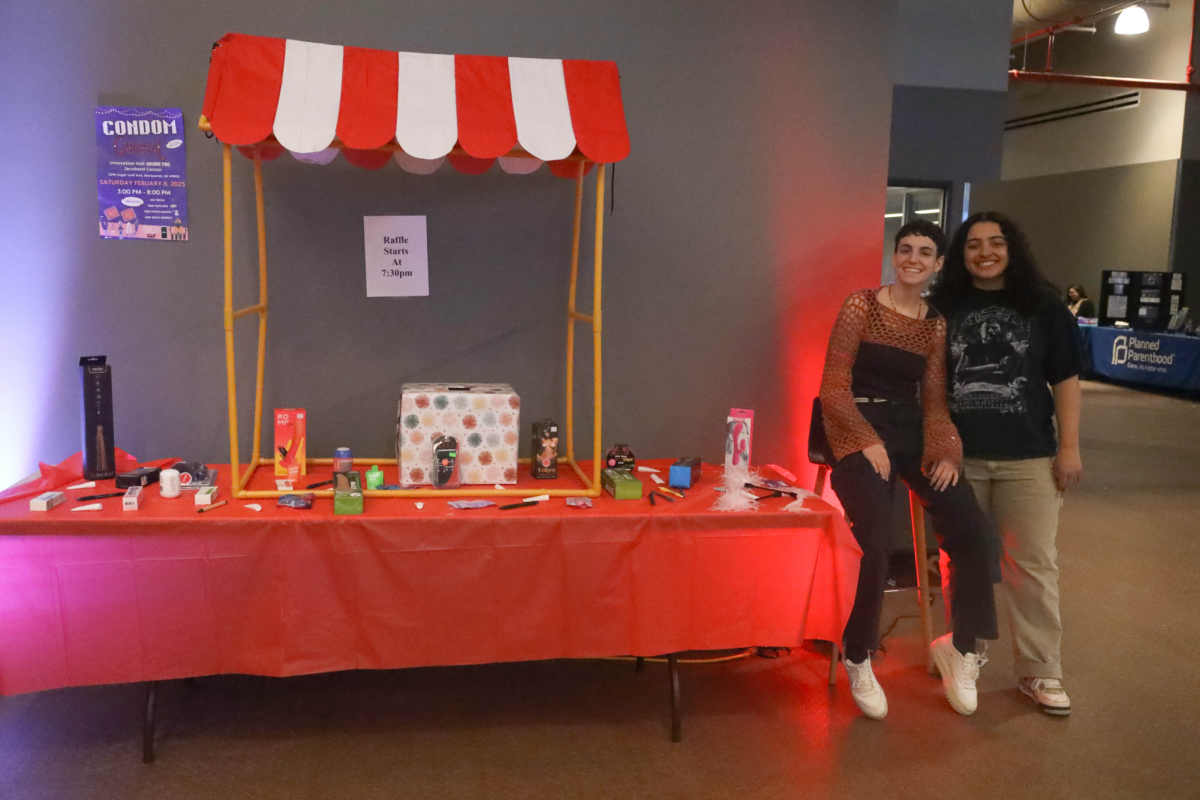A floral-vested woman walks into a muffin shop with an order for pick up. The man she’s told looks confused and calls upon a worker chatting with a cluster of ladies. Some muttering between the muffin makers goes on. A misunderstanding occured. Muffins were not. The woman, aghast, exclaims about being late for work and having called in thirty minutes ago. She turns and lets the door slam shut behind her.
I witnessed this spectacle yesterday morning. The tragic thing is that this type of customer-employee interaction has become unfortunately common in low-paid, understaffed work places. Having spent the summer working in a similar joint, and being a customer of many, this is something I can testify to. I understand customers getting frustrated, and I understand employees making mistakes, but the hostility between customer and employee is not inherent. There’s a way for the two to not only avoid one another’s hostility, but to embrace each other’s company and support.
To begin with, throwing off the idea that there’s any merit in pleasing an inhumane system is immensely important. If your job is missing human touches, or worse prohibits them, then add them in yourself, like an extra but necessary kick of spice. Stop and take a minute off from stocking shelves to talk to someone. Help a coworker who’s just spilled a heap of dishes across the table. The happiest people know at work to go out of their way to do this, confiding that, “those little things really help, and it makes the day go by quicker. It’s a win-win.”
It’s also important to be mindful of the similarities between customers and employees. When you walk into a restaurant, you don’t stop being the lady who works at the Arby’s down the road. When you clock into your retail job, you don’t stop being the guy who can’t find the tie section at Kohl’s. Keeping their world in mind has made their experiences better feel a lot more natural.
Finally, a healthy dose of compassion settles hostility down to a simmer. Being compassionate means the world to someone who’s made a mistake, and a compassionate individual’s will by nature, try their best to avoid inconveniencing someone else. If customers and employees had an upsurge of this quality, better vibes would radiate from the shadiest of places.

























